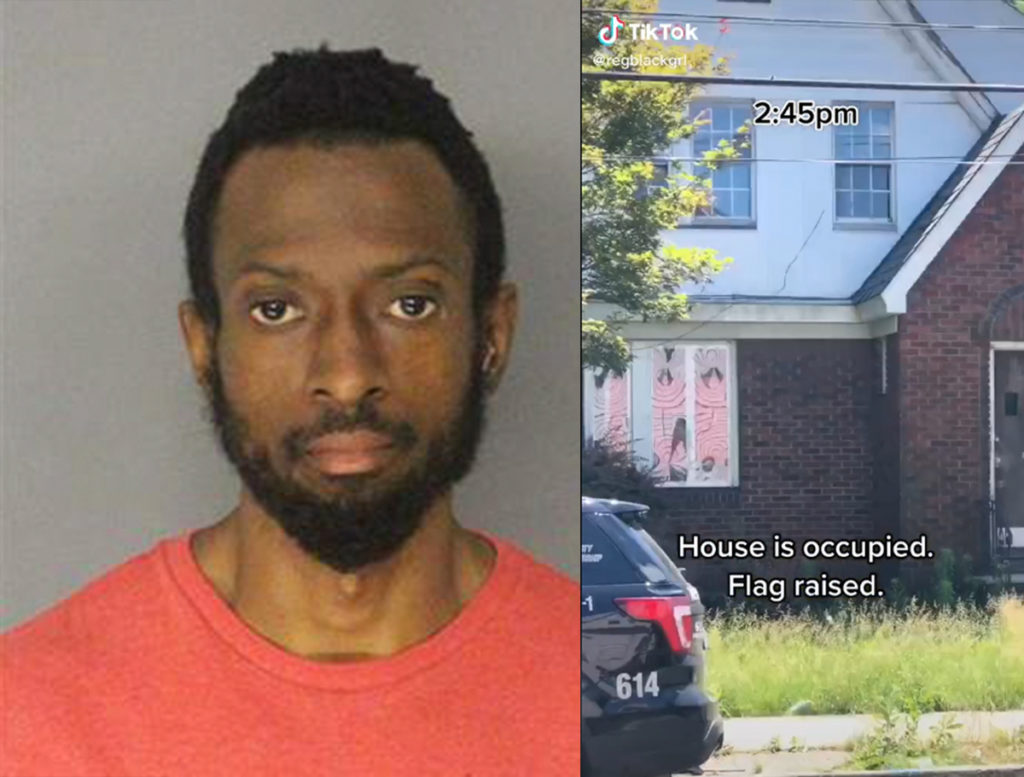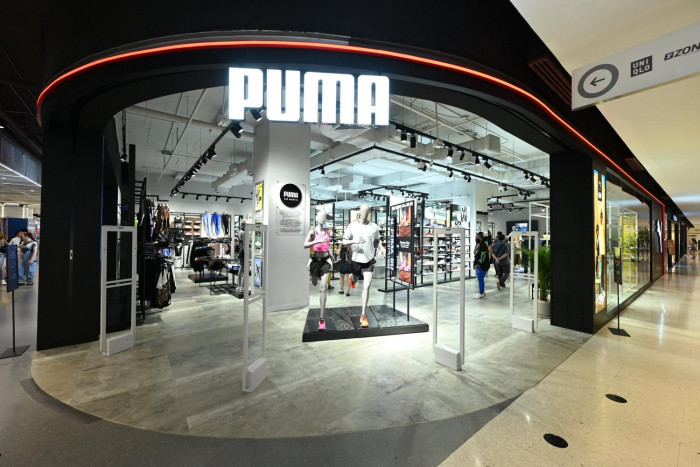TikTok Crowds Swamp Amsterdam Snack Bar, Leading To Resident Lawsuit Against City

Table of Contents
The Viral TikTok Video and its Impact
The source of the chaos? A seemingly innocuous TikTok video showcasing a seemingly unremarkable Amsterdam snack bar, known locally as "Snackbar de Lekkernij." The video, posted by user @FoodieAdventures, featured upbeat music, close-up shots of the delectable snacks, and enthusiastic commentary about the "best fries in Amsterdam." While the exact numbers are difficult to confirm, estimates suggest the video garnered over 5 million views, hundreds of thousands of likes, and tens of thousands of shares within a week of its posting.
- Specific details about the TikTok video: The video highlighted the snack bar's unique "spicy mayo" fries and its charming, albeit small, location.
- Viral reach: The video's popularity quickly spread across other social media platforms, including Instagram and Facebook, amplifying its reach even further.
- User comments: Comments on the video frequently expressed excitement to visit the snack bar, phrases like "Must try!", "Amsterdam trip planned!", and "OMG, those fries look amazing!" were commonplace.
- Impact on the snack bar: Initially, the increased foot traffic boosted the snack bar's business considerably. However, the sheer volume of visitors quickly became unmanageable, leading to long queues, wait times exceeding an hour, and general disruption for the business and neighbors.
Resident Complaints and the Lawsuit
The sudden surge in tourism caused significant disruptions for residents living near Snackbar de Lekkernij. The constant stream of tourists led to several key issues:
- Noise pollution: Loud conversations, music from tourist groups, and late-night revelry kept residents awake.
- Overcrowding: Narrow streets became congested, making it difficult for residents to navigate their neighborhood. Parking became a nightmare.
- Trash and litter: Increased waste and litter accumulated in the area, impacting the neighborhood's cleanliness.
- Lack of city intervention: Residents claim the city council failed to take adequate measures to manage the influx of tourists and mitigate the resulting disruptions.
These grievances formed the basis of a class-action lawsuit filed against the city of Amsterdam. The residents are seeking compensation for the disruption to their lives and demanding that the city implement effective crowd control measures. The legal team representing the residents stated the city's inaction amounted to negligence, leading to a significant decline in the quality of life for the neighborhood. The city's official response has been to acknowledge the situation and initiate discussions about potential solutions.
The City's Response and Potential Solutions
In response to the lawsuit and the growing public outcry, the city of Amsterdam has announced a multi-pronged approach:
- Improved public transport: The city plans to enhance public transport links to the area to reduce reliance on private vehicles.
- Designated waiting areas: The creation of designated queuing areas to manage the flow of tourists and alleviate congestion on nearby streets is under consideration.
- Collaboration with the snack bar: The city is engaging with Snackbar de Lekkernij to discuss ways to manage the crowds, possibly including extended opening hours or alternative service models.
- Social media engagement: The city is exploring strategies to engage with social media influencers and promote responsible tourism practices, including spreading awareness of the impact of unchecked viral tourism. This approach includes plans to work with TikTok to perhaps manage the spread of future videos.
Similar incidents in other cities, such as the overcrowding caused by viral travel destinations on Instagram and TikTok, underscore the need for proactive strategies.
The Broader Implications of Viral Tourism
The TikTok Amsterdam snack bar lawsuit highlights a wider issue: the unplanned and often overwhelming impact of viral tourism on local communities. While social media can boost local businesses, it can also create unsustainable situations.
- Examples of similar situations: Many tourist destinations worldwide have experienced similar issues due to viral social media trends, emphasizing the need for preventative strategies.
- Economic benefits and drawbacks: Viral tourism can bring economic benefits but can also strain local resources and negatively impact the quality of life for residents.
- Sustainable tourism practices: The need for sustainable tourism practices and strategies to balance economic benefits with the well-being of local communities is becoming increasingly critical.
Conclusion
The TikTok Amsterdam snack bar lawsuit serves as a stark reminder of the unforeseen consequences of viral social media trends. The sudden influx of tourists, driven by a single TikTok video, caused significant disruptions to the neighborhood, highlighting the need for proactive planning and management strategies by cities to mitigate the impact of viral tourism. The residents' legal action underlines the urgent need for cities to address the challenges of viral tourism, balancing the economic opportunities with the preservation of the quality of life for residents. The case of the TikTok Amsterdam snack bar lawsuit highlights the urgent need for cities to develop effective strategies to manage the impact of viral social media trends on their communities. Are you interested in learning more about managing viral tourism in your own city? Explore [link to relevant resource, e.g., a government website or tourism authority].

Featured Posts
-
 Joy Crookes Drops Emotional New Single I Know You D Kill
May 24, 2025
Joy Crookes Drops Emotional New Single I Know You D Kill
May 24, 2025 -
 Should You Buy Apple Stock At 200 Analysts 254 Price Target Explained
May 24, 2025
Should You Buy Apple Stock At 200 Analysts 254 Price Target Explained
May 24, 2025 -
 Ferrari Day In Bangkok Flagship Facility Opens Bangkok Post
May 24, 2025
Ferrari Day In Bangkok Flagship Facility Opens Bangkok Post
May 24, 2025 -
 Harcamalarini Kontrol Eden 3 Burc Ipuclari Ve Oernekler
May 24, 2025
Harcamalarini Kontrol Eden 3 Burc Ipuclari Ve Oernekler
May 24, 2025 -
 Test Drogowy Porsche Cayenne Gts Coupe Plusy I Minusy
May 24, 2025
Test Drogowy Porsche Cayenne Gts Coupe Plusy I Minusy
May 24, 2025
